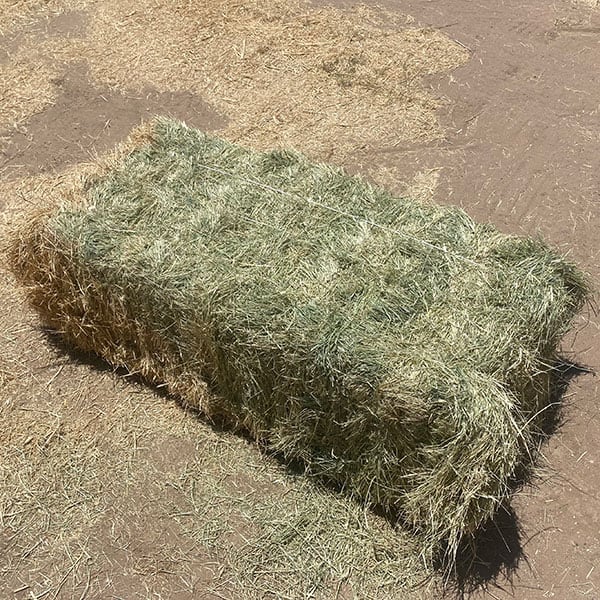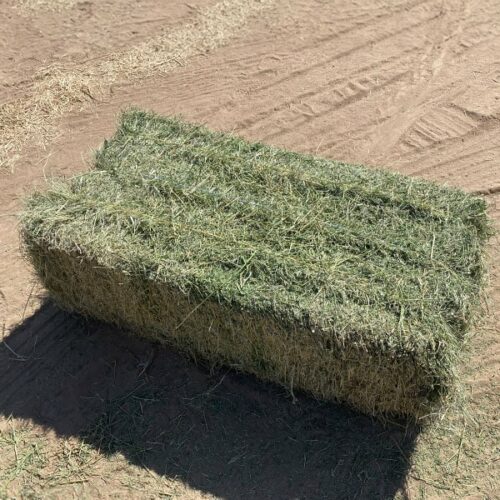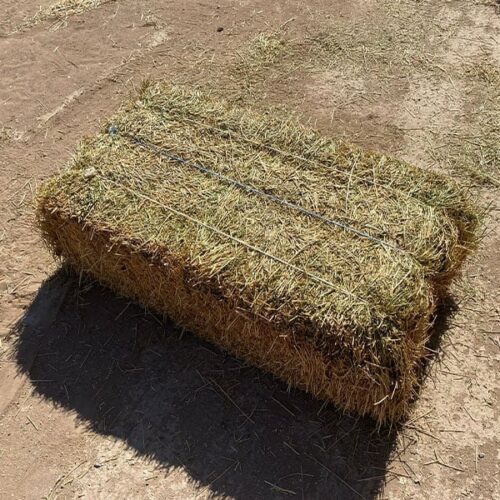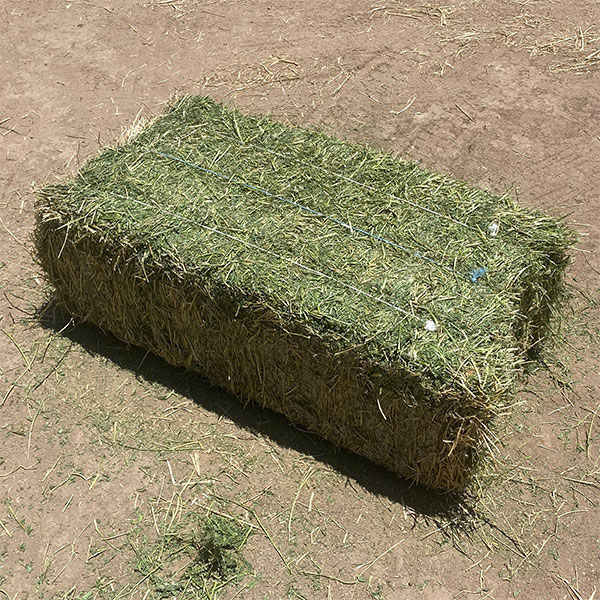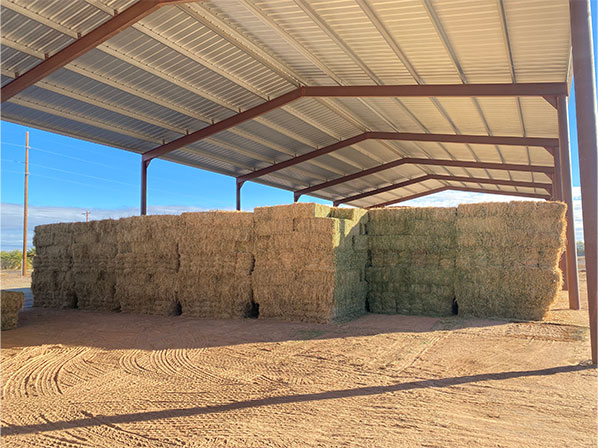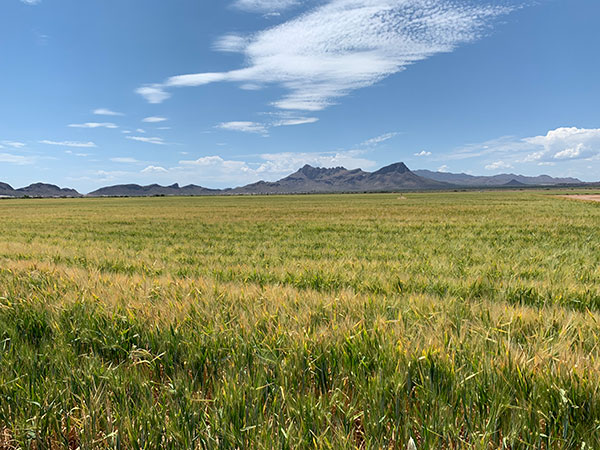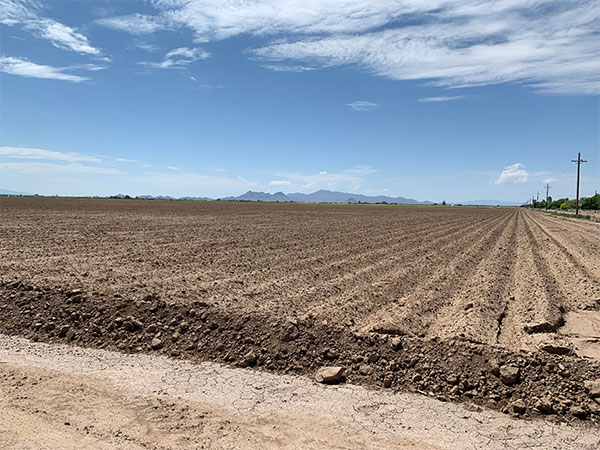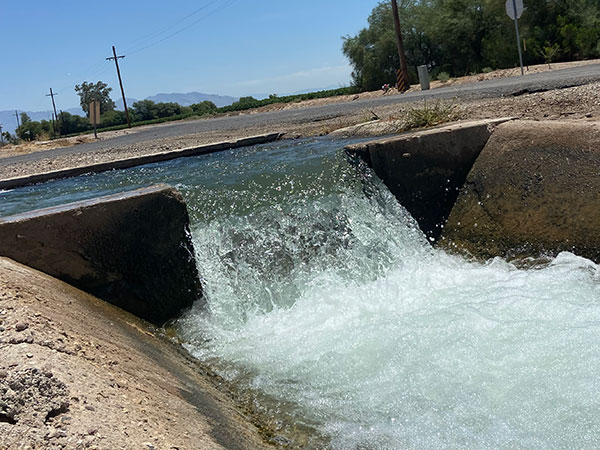- 3 String Bale
- 100-120 lbs.
- Ideal for Horses, Goats, Cattle, Sheep
Bermuda Hay (Premium B1)
Original price was: $22.00.$21.00Current price is: $21.00.
Out of stock
Out of stock
Description
Bermuda grass hay, also known as Coastal Bermuda hay or simply Bermuda hay, is a popular forage for livestock, particularly for horses, cattle, and other grazing animals. The nutritional value of Bermuda hay can vary depending on factors such as the stage of growth when it was harvested, soil conditions, and climate. Here are some general nutritional values for Bermuda hay:
- Protein: Our bermuda hay for sale typically contains around 8-12% protein. While it is lower in protein compared to legume hays like alfalfa, it can still provide adequate protein for many livestock animals, especially when supplemented with other feeds.
- Fiber: Bermuda grass hay is a good source of dietary fiber, with fiber content ranging from 25% to 35%. The fiber in Bermuda hay helps promote proper digestion in animals and maintains healthy gut function.
- Energy: Bermuda hay provides a moderate amount of energy due to its carbohydrate content. It’s not as energy-dense as some other forages or grains, but it can still serve as a valuable source of calories in an animal’s diet.
- Calcium and Phosphorus: Bermuda hay generally has a more balanced calcium-to-phosphorus ratio compared to legume hays like alfalfa. This can make it a better choice for some adult animals, as an imbalanced calcium-to-phosphorus ratio can be problematic.
- Vitamins and Minerals: Bermuda hay contains various vitamins and minerals, including vitamin A, vitamin D, and essential trace minerals like iron, manganese, and zinc.
Bermuda hay is often considered a good choice for mature, non-lactating animals that do not require as much protein or calcium as growing or pregnant animals. However, it can be part of a balanced diet for a variety of livestock, including horses, cattle, sheep, and goats. It is especially useful when high-quality alfalfa hay is not available or not necessary.
To ensure your animals receive the appropriate nutrition, it’s recommended to consult with a veterinarian or livestock nutritionist to develop a feeding plan that meets the unique needs of your animals. Balancing Bermuda hay with other forages and supplements, if needed, can help ensure a well-rounded diet for your livestock.

